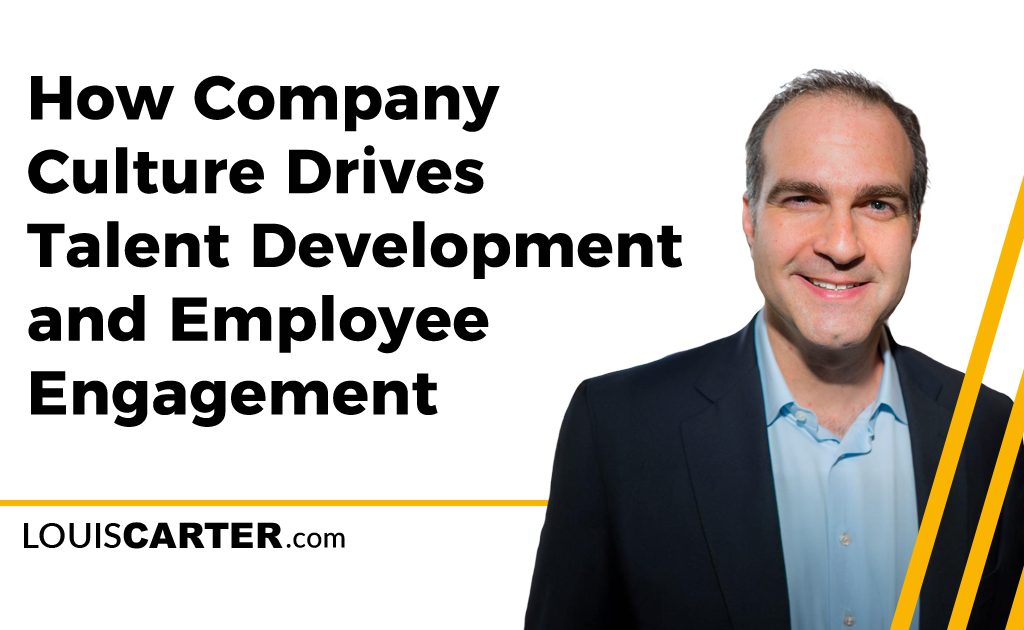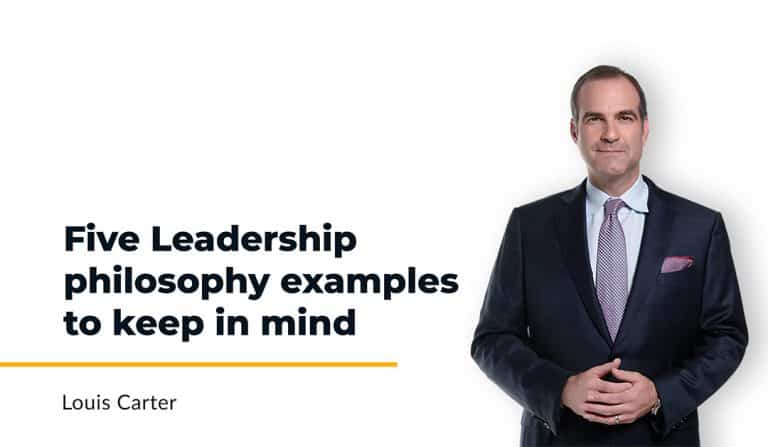The success of an organization hinges on two critical elements: a strong company culture and high levels of employee engagement. While often considered HR concerns, both culture and engagement are vital business issues that directly affect an organization’s performance, retention, and ability to attract top talent. Understanding how these elements interact is essential for leaders looking to enhance organizational effectiveness.
Understanding Company Culture
Company culture encompasses the shared values, beliefs, behaviors, and norms that shape how employees interact and work together. It’s the organization’s “influencing everything from decision-making to employee satisfaction.
Research from Deloitte indicates that 94% of executives and 88% of employees believe that a distinct workplace culture is essential to business success. However, there is a concerning gap, as only 19% of executives and 15% of employees feel that their organization has a strong culture. A positive company culture fosters collaboration, innovation, and trust, while a negative culture can lead to disengagement and high turnover rates.
The Role of Company Culture in Employee Engagement
Employee engagement goes beyond job satisfaction; it refers to employees’ emotional commitment to their organization and its goals. Engaged employees are passionate about their work, feel connected to the organization’s objectives, and commit to delivering high-quality results.
Research consistently shows that engaged employees are more productive, loyal, and likely to remain with their employer long-term.
According to Gallup’s State of the Global Workplace report, organizations with elevated employee engagement experience 41% lower absenteeism, 17% higher productivity, and 21% higher profitability than those with lower engagement levels.
Implementing employee well-being programs is a key component of driving engagement. These programs promote health and wellness and enhance employees’ emotional connection to their workplace, reinforcing their commitment to the organization.
The Synergy of Culture and Engagement

A robust company culture serves as the foundation for employee engagement. Employees who feel connected to their organization’s mission and values are more likely to invest in their work.
Conversely, a hostile or toxic culture can drive employees away, harming engagement and reputation. Research shows that organizations with strong cultures see a significant increase in employee engagement, leading to improved productivity and profitability.
How Rewards and Recognition in the Workplace Matter
One effective way to foster engagement is through rewards and recognition in the workplace. A culture that acknowledges and celebrates employee achievements helps to reinforce a sense of belonging and value. When employees recognize their efforts, it enhances their commitment and drives them to contribute further to the organization’s success.
How Company Culture Drives Talent Development
A strong company culture catalyzes talent development, creating an environment where employees feel supported and empowered to grow. By clearly communicating the organization’s mission and values, companies can foster a sense of purpose among their employees. This alignment encourages ownership of their work and cultivates a commitment to continuous learning and professional growth.
Unifying Employees with a Clear Mission
A well-defined company culture communicates the organization’s mission and values to employees. When employees understand their roles and how they contribute to the organization’s broader goals, it fosters a sense of unity and belonging. This connection encourages them to take ownership of their work and strive for excellence.
Encouraging Continuous Learning and Growth
Organizations that prioritize a positive culture also emphasize talent development. By offering opportunities for training, mentorship, and professional growth, companies enhance employee skills while demonstrating a commitment to their career advancement.
This investment in employee development cultivates a motivated workforce eager to learn and grow within the organization. Moreover, integrating employee well-being programs into the culture reinforces that the organization cares for its employees, further motivating them to excel.
Retaining Top Talent
When employees feel valued and see a clear path for career progression, they are less likely to seek opportunities elsewhere. A culture that prioritizes employee engagement and development leads to greater retention rates, reducing the costs associated with turnover.
Engaged employees are more likely to stay with the organization, which benefits both the employees and the company. Notably, companies with high engagement levels report 59% lower turnover rates, highlighting the importance of nurturing a positive culture.
Measuring and Improving Company Culture
To effectively enhance company culture, organizations must prioritize regular measurement and evaluation. By actively seeking employee feedback through surveys and assessments, companies can identify strengths and areas for improvement. This data-driven approach enables organizations to implement targeted initiatives that foster a positive culture, driving engagement and aligning with modern workforce expectations.
The Importance of Employee Feedback
Regular employee surveys are crucial for understanding the effectiveness of your company culture. By actively soliciting feedback, organizations can identify areas of strength and opportunities for improvement.
Engaged employees feel heard and valued, enhancing their commitment to the organization. These surveys can also assess the effectiveness of workplace rewards and recognition and employee well-being programs, ensuring that these initiatives are aligned with employee needs and expectations.
Implementing Cultural Change Initiatives
Companies should be willing to evolve their culture based on employee feedback to drive engagement. This may include implementing new policies, offering flexible work arrangements, or enhancing recognition programs. Cultivating a culture of continuous improvement not only boosts employee morale but also aligns the organization with modern workforce expectations. Organizations striving for excellence often explore how to become the best workplace by integrating such initiatives into their cultural framework.
Final Word
A strong company culture fosters employee engagement and drives talent development. Organizations can enhance engagement levels, improve retention, and ultimately achieve better business outcomes by creating an environment that values clear communication, continuous learning, and employee feedback.
Additionally, incorporating employee well-being programs and focusing on rewards and recognition in the workplace are vital strategies for achieving these goals. As the workplace continues to evolve, organizations prioritizing culture and engagement will remain competitive in attracting and retaining top talent, continually exploring how to become the best workplace in their industry.
Utilizing Louis Carter’s insights and expertise can further enhance your organization’s culture and engagement. Explore our resources and programs designed to transform your workplace into a thriving environment that supports your employees and drives success.






